Institute for Development and Social Initiatives (IDIS) | Moldova
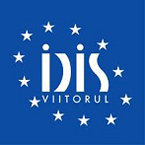 A research, education and outreach organization which activates in the field of economic analysis, governance, law, political sciences, strategic and organizational science. IDIS is also a common platform that brings together young intellectuals who are concerned with the success of transition towards the free market and the open society. IDIS helps them to contribute with their energies, values and virtues, providing its logistic, moral and intellectual support and advises them regarding their future projects and initiatives. Consistent with this mission, IDIS has forged several linkages between the academic and policy-making environments, generating policy analysis and recommendations for various areas of public interest, creating and disseminating of the best practices, good governance, and economic analysis.
A research, education and outreach organization which activates in the field of economic analysis, governance, law, political sciences, strategic and organizational science. IDIS is also a common platform that brings together young intellectuals who are concerned with the success of transition towards the free market and the open society. IDIS helps them to contribute with their energies, values and virtues, providing its logistic, moral and intellectual support and advises them regarding their future projects and initiatives. Consistent with this mission, IDIS has forged several linkages between the academic and policy-making environments, generating policy analysis and recommendations for various areas of public interest, creating and disseminating of the best practices, good governance, and economic analysis.
Caucasus Institute | Armenia
 The Caucasus Institute is a policy think-tank based in Yerevan, Armenia. Its goal is to promote inclusive policy-making in Armenia through conducting research, producing and advocating policy documents and encouraging a pluralistic and informed public policy debate. The Institute attains this goal through education, think-tanking and networking. Think-tanking includes debates, research (themes), consultancy and publications. The debates focus on issues of importance to society. Research fills the gap between information and understanding of the region and its development. Publications, disseminated throughout the Caucasus and former USSR, provide an insight into the problems of our region. The audiences, researchers and speakers come from various backgrounds – journalism, research, education, development, government and civil society.
The Caucasus Institute is a policy think-tank based in Yerevan, Armenia. Its goal is to promote inclusive policy-making in Armenia through conducting research, producing and advocating policy documents and encouraging a pluralistic and informed public policy debate. The Institute attains this goal through education, think-tanking and networking. Think-tanking includes debates, research (themes), consultancy and publications. The debates focus on issues of importance to society. Research fills the gap between information and understanding of the region and its development. Publications, disseminated throughout the Caucasus and former USSR, provide an insight into the problems of our region. The audiences, researchers and speakers come from various backgrounds – journalism, research, education, development, government and civil society.
Regional Studies Center (RSC) | Armenia
 The Regional Studies Center (RSC) is an independent, nonprofit think tank offering a wide range of strategic analysis and objective research, and implementing a number of educational and policy-related projects. As a leading think tank based in Armenia, the RSC conducts research and analysis and develops policy initiatives aimed at bolstering political and economic reform and conflict resolution in the broader South Caucasus region. The RSC strives to elevate political discourse and deepen civic activism while broadening engagement in the public policy process. In this way, the RSC partners with various actors and decision makers, including civil society, international organizations, the private sector, academia and state institutions.
The Regional Studies Center (RSC) is an independent, nonprofit think tank offering a wide range of strategic analysis and objective research, and implementing a number of educational and policy-related projects. As a leading think tank based in Armenia, the RSC conducts research and analysis and develops policy initiatives aimed at bolstering political and economic reform and conflict resolution in the broader South Caucasus region. The RSC strives to elevate political discourse and deepen civic activism while broadening engagement in the public policy process. In this way, the RSC partners with various actors and decision makers, including civil society, international organizations, the private sector, academia and state institutions.
Media Initiatives Center | Armenia
 Media Initiatives Center (MIC) is the new name of Internews Media Support NGO. MIC promotes freedom of expression and open media. Towards this end, MIC organizes training courses for established and emerging journalists, promotes media literacy, advocates for improved media legislation and protects journalists' rights. The NGO develops media production on human rights, European integration, civic conflict, migration, elections, national minorities, gender and many other issues for a wide range of target audiences. The Media Initiatives Center has been working in Armenia since December 1995. The Media Support Internews NGO was registered in 1996. The organization is a founder and member of Internews International Association.
Media Initiatives Center (MIC) is the new name of Internews Media Support NGO. MIC promotes freedom of expression and open media. Towards this end, MIC organizes training courses for established and emerging journalists, promotes media literacy, advocates for improved media legislation and protects journalists' rights. The NGO develops media production on human rights, European integration, civic conflict, migration, elections, national minorities, gender and many other issues for a wide range of target audiences. The Media Initiatives Center has been working in Armenia since December 1995. The Media Support Internews NGO was registered in 1996. The organization is a founder and member of Internews International Association.
Caucasian House | Georgia
 "Caucasian House" is a cultural, educational and peace building organization, pursuing the goal of creating an ideological and intellectual basis for peaceful development of Georgia and the Caucasus. For a long time "Caucasian House" has been working on projects that promote integration of the peoples of Caucasus and regional development. The fundamental strategy is peaceful stabilization of the conflicts and endorsement of the minority integration policies through the public diplomacy and cultural-educational programs in the region. Caucasian House has been engaged in peace-building on a regional scale. It has been playing an important role in confidence-building between Georgians, on the one hand, and Abkhaz, Ossetians, Russians, Armenians, Azerbaijanis and North Caucasian peoples, on the other. In September 2014, Caucasian House started to implement the project Ukraine – out of the Crisis through a Dialogue, supported by the British embassy Kyiv.
"Caucasian House" is a cultural, educational and peace building organization, pursuing the goal of creating an ideological and intellectual basis for peaceful development of Georgia and the Caucasus. For a long time "Caucasian House" has been working on projects that promote integration of the peoples of Caucasus and regional development. The fundamental strategy is peaceful stabilization of the conflicts and endorsement of the minority integration policies through the public diplomacy and cultural-educational programs in the region. Caucasian House has been engaged in peace-building on a regional scale. It has been playing an important role in confidence-building between Georgians, on the one hand, and Abkhaz, Ossetians, Russians, Armenians, Azerbaijanis and North Caucasian peoples, on the other. In September 2014, Caucasian House started to implement the project Ukraine – out of the Crisis through a Dialogue, supported by the British embassy Kyiv.
Institute of World Policy | Ukraine
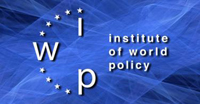 The mission of the Institute of World Policy (IWP) is to develop analytical research and implement project activities in order to promote European standards and practices inside Ukraine, as well as to increase support of the foreign opinion leaders, EU and NATO officials for the European and Euro-Atlantic aspirations of Ukraine. The IWP’s vision is that Ukraine should be integrated into the EU and NATO - not merely as a formalized membership but as adopting the best standards and practices which means joining actually the Euro-Atlantic space of values.
The mission of the Institute of World Policy (IWP) is to develop analytical research and implement project activities in order to promote European standards and practices inside Ukraine, as well as to increase support of the foreign opinion leaders, EU and NATO officials for the European and Euro-Atlantic aspirations of Ukraine. The IWP’s vision is that Ukraine should be integrated into the EU and NATO - not merely as a formalized membership but as adopting the best standards and practices which means joining actually the Euro-Atlantic space of values.



 Cornel Ciurea, expert in politics and governing institutions and former Moldovan politician. He graduated from the National School of Administration and Political Science of Bucharest and the Academy of Economic Studies of Moldova. He served as the director of the weekly Democraţia (2006–2009), a political expert of the Institute for Development and Social Initiatives since 2009. Between 2010 and 2011, was an Organization for Security and Co-operation in Europe expert on political party legislation and a coordinator of a project on the National Convention for European Integration.
Cornel Ciurea, expert in politics and governing institutions and former Moldovan politician. He graduated from the National School of Administration and Political Science of Bucharest and the Academy of Economic Studies of Moldova. He served as the director of the weekly Democraţia (2006–2009), a political expert of the Institute for Development and Social Initiatives since 2009. Between 2010 and 2011, was an Organization for Security and Co-operation in Europe expert on political party legislation and a coordinator of a project on the National Convention for European Integration.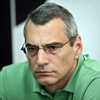 Founding Director of the Regional Studies Center. Visiting Professor, Yerevan State University’s Centre for European Studies. Contributing analyst for Oxford Analytica, a London-based global analysis and advisory firm. From 2009 to 2011, Richard served as the Director of the Armenian Center for National and International Studies. From 1999 to 2008, he was a regular contributor to Radio Free Europe/Radio Liberty. From 2003 to 2010, he covered political, economic, and security issues in the South Caucasus, Central Asia and the Asia-Pacific region for the London-based Jane’s Information Group. From 2008 to 2010, he was a regular columnist for the Turkish-language edition of Newsweek. Richard is a consultant to several Turkish media outlets and analytical publications.
Founding Director of the Regional Studies Center. Visiting Professor, Yerevan State University’s Centre for European Studies. Contributing analyst for Oxford Analytica, a London-based global analysis and advisory firm. From 2009 to 2011, Richard served as the Director of the Armenian Center for National and International Studies. From 1999 to 2008, he was a regular contributor to Radio Free Europe/Radio Liberty. From 2003 to 2010, he covered political, economic, and security issues in the South Caucasus, Central Asia and the Asia-Pacific region for the London-based Jane’s Information Group. From 2008 to 2010, he was a regular columnist for the Turkish-language edition of Newsweek. Richard is a consultant to several Turkish media outlets and analytical publications.
 Sergiu Panainte holds Master of Arts degree in International Relations from the Central European University, Budapest, Hungary. Sergiu is currently employed by the Black Sea Trust for Regional Cooperation (a Project of the German Marshall Fund of the United States). Sergiu specializes in the analysis of foreign policy, European integration, and conflicts. His interests include democratization, politics in countries that border the EU, relations between Moldova and Romania, and international security studies.
Sergiu Panainte holds Master of Arts degree in International Relations from the Central European University, Budapest, Hungary. Sergiu is currently employed by the Black Sea Trust for Regional Cooperation (a Project of the German Marshall Fund of the United States). Sergiu specializes in the analysis of foreign policy, European integration, and conflicts. His interests include democratization, politics in countries that border the EU, relations between Moldova and Romania, and international security studies.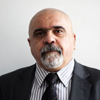 The director and one of the founders of the Caucasus Institute. His areas of interest include ethnopolitical conflicts, post-Communist transformations and nation-building in the former USSR in general and in the Caucasus in particular. He has published and spoken on the emergence of post-Soviet institutions, elites and identities, conducted and supervised research on conflicts, migrations, and cross-border integration. For five consecutive years, he authored the chapter on Armenia in the Freedom House’s Nations in Transit.
The director and one of the founders of the Caucasus Institute. His areas of interest include ethnopolitical conflicts, post-Communist transformations and nation-building in the former USSR in general and in the Caucasus in particular. He has published and spoken on the emergence of post-Soviet institutions, elites and identities, conducted and supervised research on conflicts, migrations, and cross-border integration. For five consecutive years, he authored the chapter on Armenia in the Freedom House’s Nations in Transit.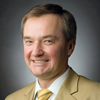 Assistant Professor, History Department, Shevchenko National University of Kyiv. As a Fulbright Scholar, spent eight months at Stanford University. Taught a course at the University of Iowa.
Assistant Professor, History Department, Shevchenko National University of Kyiv. As a Fulbright Scholar, spent eight months at Stanford University. Taught a course at the University of Iowa.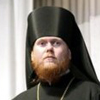 Head of Press Service of Ukrainian Orthodox Church. Secretary of the Supreme Synod of Ukrainian Orthodox Church. Graduate of the Kyiv Orthodox Divinity Academy (2001). Holds a Ph.D in Religious Studies. Teaches at the Kyiv Orthodox Divinity Academy.
Head of Press Service of Ukrainian Orthodox Church. Secretary of the Supreme Synod of Ukrainian Orthodox Church. Graduate of the Kyiv Orthodox Divinity Academy (2001). Holds a Ph.D in Religious Studies. Teaches at the Kyiv Orthodox Divinity Academy.
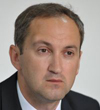 First Deputy Director of the Institute of World Policy and an expert in international relations and security policy. He has been working at the Institute of World Politics since its inception. Since 1999 he has served as an editor of international news desks at the leading Ukrainian newspapers, participated in the writing of analytical papers "A Call for the EU – Time to Step In " (2014), "Ukraine: Diagnostics of the National (in)Security" (2013), " How to Get Rid of Post-Sovietness" (2012), "Soft Power of Ukraine in the Region" (2011),"A New Foreign policy for Ukraine" (2010) and others. He graduated from the Westminster University majoring in International Relations and from the Institute of Journalism of the Shevchenko National University of Kyiv.
First Deputy Director of the Institute of World Policy and an expert in international relations and security policy. He has been working at the Institute of World Politics since its inception. Since 1999 he has served as an editor of international news desks at the leading Ukrainian newspapers, participated in the writing of analytical papers "A Call for the EU – Time to Step In " (2014), "Ukraine: Diagnostics of the National (in)Security" (2013), " How to Get Rid of Post-Sovietness" (2012), "Soft Power of Ukraine in the Region" (2011),"A New Foreign policy for Ukraine" (2010) and others. He graduated from the Westminster University majoring in International Relations and from the Institute of Journalism of the Shevchenko National University of Kyiv.
 Professor at Georgian-American University teaching Introductory Courses in Philosophy and Political Science. Bakar also studied history and philosophy at the University of Ljubljana, Slovenia and the University of Graz, Austria. For many years, Bakar has been involved in various social science projects on the national and international level. His academic interests are: structural theory of revolution; social changes in the post-Soviet space; challenges of modernization; class and class society; crisis of ideologies.Bakar has a BA degree from the Tbilisi State University and a Master’s degree from Lancaster University, United Kingdom.
Professor at Georgian-American University teaching Introductory Courses in Philosophy and Political Science. Bakar also studied history and philosophy at the University of Ljubljana, Slovenia and the University of Graz, Austria. For many years, Bakar has been involved in various social science projects on the national and international level. His academic interests are: structural theory of revolution; social changes in the post-Soviet space; challenges of modernization; class and class society; crisis of ideologies.Bakar has a BA degree from the Tbilisi State University and a Master’s degree from Lancaster University, United Kingdom.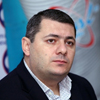 Deputy Director and Head of the Political Studies Department at the Caucasus Institute in Yerevan, Armenia. He holds a Doctoral degree in Political Science from the Armenian Institute for National Security Studies (2013) and a Ph.D from the Armenian Institute of History (2002). Sergey graduated from the Council of Europe’s Yerevan School of Political Studies (2010). He holds an MA from the Yerevan State University (1998).
Deputy Director and Head of the Political Studies Department at the Caucasus Institute in Yerevan, Armenia. He holds a Doctoral degree in Political Science from the Armenian Institute for National Security Studies (2013) and a Ph.D from the Armenian Institute of History (2002). Sergey graduated from the Council of Europe’s Yerevan School of Political Studies (2010). He holds an MA from the Yerevan State University (1998). Political scientist, a senior research fellow at the Institute of World Policy in Kyiv and an associated expert of the Institute for Development and Social Initiatives "Viitorul" (IDIS) in Chisinau. He has previously worked as deputy director of IDIS in Moldova (2010-2012) and programme coordinator at European Movement of Moldova (2008-2009). His main areas of interests include EU-Moldova and EU-Ukraine relations, visa liberalisation and Schengen related processes, Eastern Partnership and conflict settlement.
Political scientist, a senior research fellow at the Institute of World Policy in Kyiv and an associated expert of the Institute for Development and Social Initiatives "Viitorul" (IDIS) in Chisinau. He has previously worked as deputy director of IDIS in Moldova (2010-2012) and programme coordinator at European Movement of Moldova (2008-2009). His main areas of interests include EU-Moldova and EU-Ukraine relations, visa liberalisation and Schengen related processes, Eastern Partnership and conflict settlement.
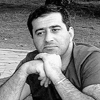 Founder of the Center for Democratic Initiatives, Nika studied at the Faculty of English Language and Literature of Batumi Shota Rustaveli State University in 1990-1997. In 2003 he received the Certificate of Police Management of International Republican Institute (IRI). He served as Coordinator of Social and Analytical Board under Defense and Security Committee of Parliament of Georgia and worked at Customs Department of the country. In 2008 he founded the Non-Governmental Organization Center for Democratic Initiatives. From 2009 to 2011, he was a member of the Commission on Pre-Term Release of Prisoners under The Ministry of Corrections of Georgia. In 2011 he was the editor of a collection of prison memoirs entitled “The World behind Bars”.
Founder of the Center for Democratic Initiatives, Nika studied at the Faculty of English Language and Literature of Batumi Shota Rustaveli State University in 1990-1997. In 2003 he received the Certificate of Police Management of International Republican Institute (IRI). He served as Coordinator of Social and Analytical Board under Defense and Security Committee of Parliament of Georgia and worked at Customs Department of the country. In 2008 he founded the Non-Governmental Organization Center for Democratic Initiatives. From 2009 to 2011, he was a member of the Commission on Pre-Term Release of Prisoners under The Ministry of Corrections of Georgia. In 2011 he was the editor of a collection of prison memoirs entitled “The World behind Bars”.
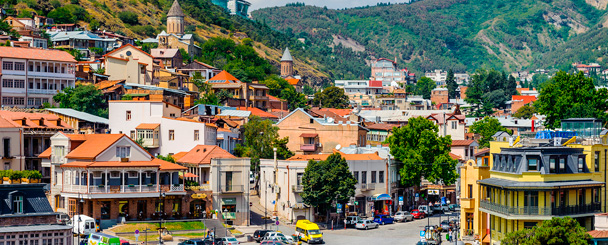
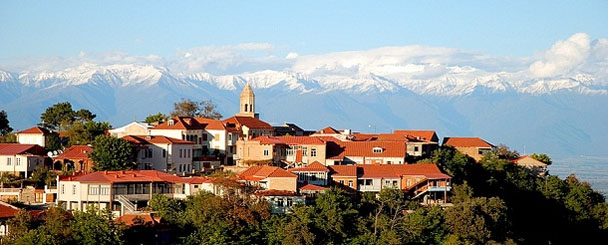
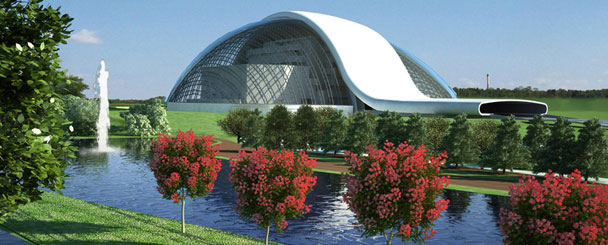
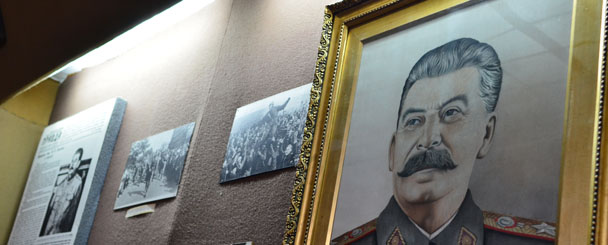
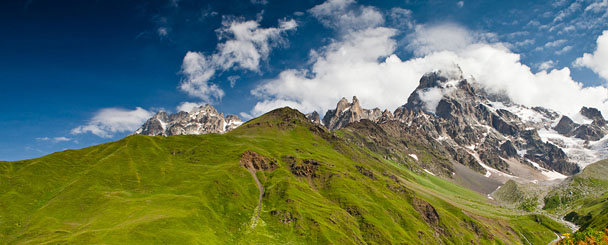
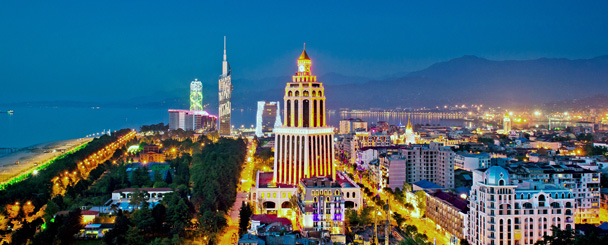
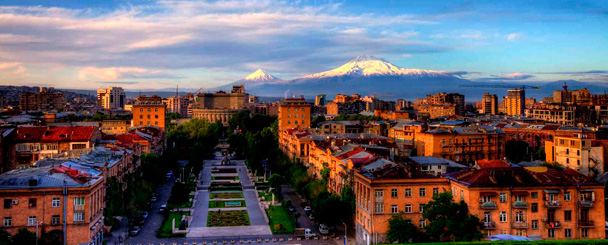
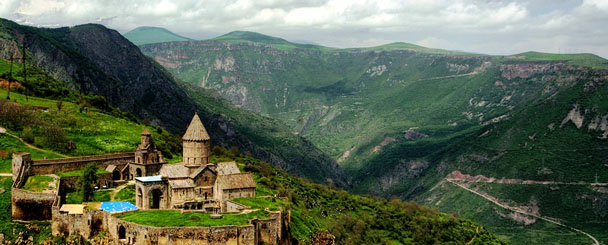
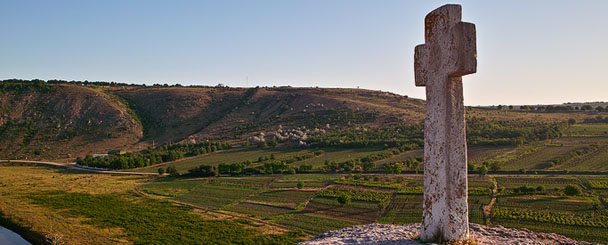
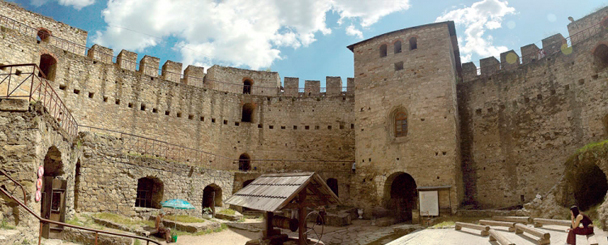
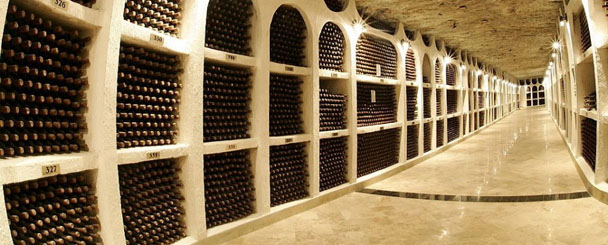
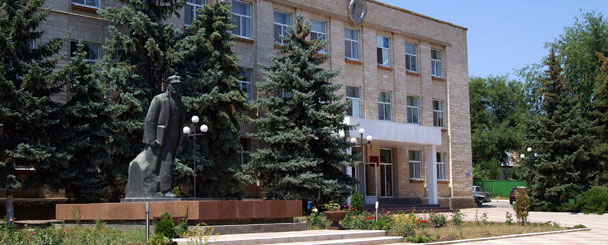
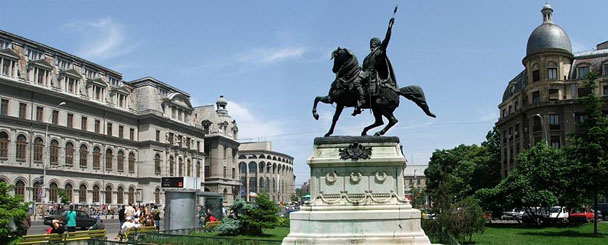






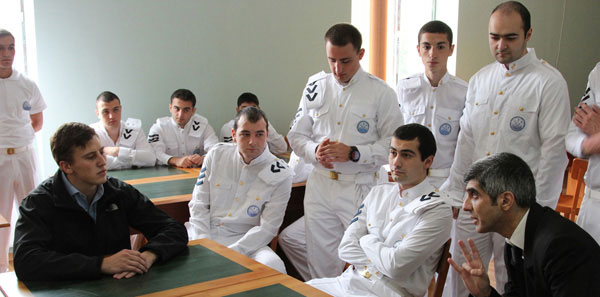
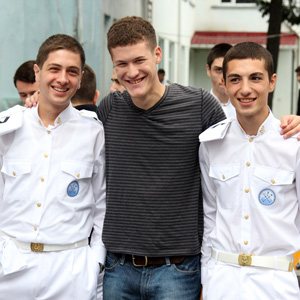

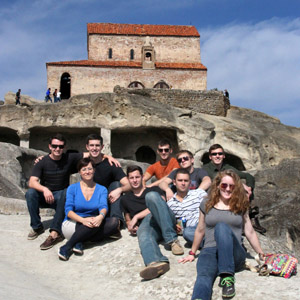

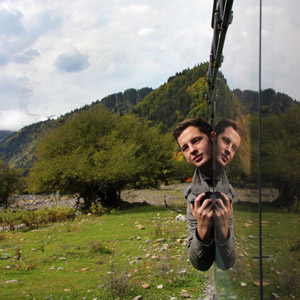
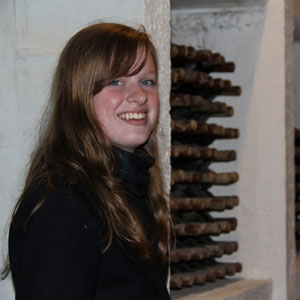

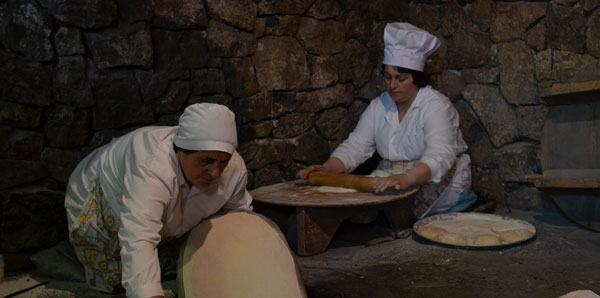
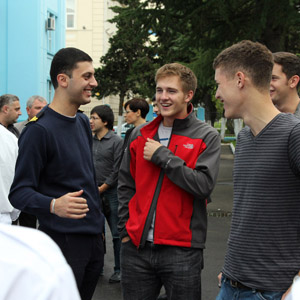
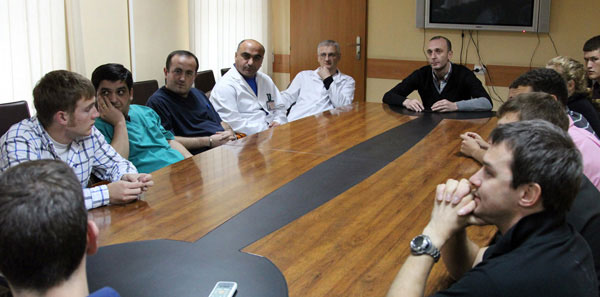

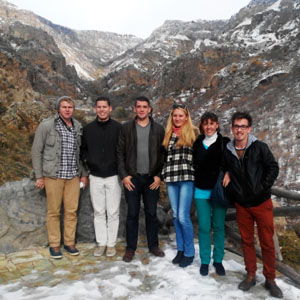
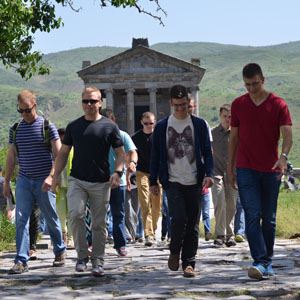


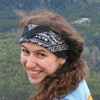

 A research, education and outreach organization which activates in the field of economic analysis, governance, law, political sciences, strategic and organizational science. IDIS is also a common platform that brings together young intellectuals who are concerned with the success of transition towards the free market and the open society. IDIS helps them to contribute with their energies, values and virtues, providing its logistic, moral and intellectual support and advises them regarding their future projects and initiatives. Consistent with this mission, IDIS has forged several linkages between the academic and policy-making environments, generating policy analysis and recommendations for various areas of public interest, creating and disseminating of the best practices, good governance, and economic analysis.
A research, education and outreach organization which activates in the field of economic analysis, governance, law, political sciences, strategic and organizational science. IDIS is also a common platform that brings together young intellectuals who are concerned with the success of transition towards the free market and the open society. IDIS helps them to contribute with their energies, values and virtues, providing its logistic, moral and intellectual support and advises them regarding their future projects and initiatives. Consistent with this mission, IDIS has forged several linkages between the academic and policy-making environments, generating policy analysis and recommendations for various areas of public interest, creating and disseminating of the best practices, good governance, and economic analysis.
 The Caucasus Institute is a policy think-tank based in Yerevan, Armenia. Its goal is to promote inclusive policy-making in Armenia through conducting research, producing and advocating policy documents and encouraging a pluralistic and informed public policy debate. The Institute attains this goal through education, think-tanking and networking. Think-tanking includes debates, research (themes), consultancy and publications. The debates focus on issues of importance to society. Research fills the gap between information and understanding of the region and its development. Publications, disseminated throughout the Caucasus and former USSR, provide an insight into the problems of our region. The audiences, researchers and speakers come from various backgrounds – journalism, research, education, development, government and civil society.
The Caucasus Institute is a policy think-tank based in Yerevan, Armenia. Its goal is to promote inclusive policy-making in Armenia through conducting research, producing and advocating policy documents and encouraging a pluralistic and informed public policy debate. The Institute attains this goal through education, think-tanking and networking. Think-tanking includes debates, research (themes), consultancy and publications. The debates focus on issues of importance to society. Research fills the gap between information and understanding of the region and its development. Publications, disseminated throughout the Caucasus and former USSR, provide an insight into the problems of our region. The audiences, researchers and speakers come from various backgrounds – journalism, research, education, development, government and civil society.
 The Regional Studies Center (RSC) is an independent, nonprofit think tank offering a wide range of strategic analysis and objective research, and implementing a number of educational and policy-related projects. As a leading think tank based in Armenia, the RSC conducts research and analysis and develops policy initiatives aimed at bolstering political and economic reform and conflict resolution in the broader South Caucasus region. The RSC strives to elevate political discourse and deepen civic activism while broadening engagement in the public policy process. In this way, the RSC partners with various actors and decision makers, including civil society, international organizations, the private sector, academia and state institutions.
The Regional Studies Center (RSC) is an independent, nonprofit think tank offering a wide range of strategic analysis and objective research, and implementing a number of educational and policy-related projects. As a leading think tank based in Armenia, the RSC conducts research and analysis and develops policy initiatives aimed at bolstering political and economic reform and conflict resolution in the broader South Caucasus region. The RSC strives to elevate political discourse and deepen civic activism while broadening engagement in the public policy process. In this way, the RSC partners with various actors and decision makers, including civil society, international organizations, the private sector, academia and state institutions.
 Media Initiatives Center (MIC) is the new name of Internews Media Support NGO. MIC promotes freedom of expression and open media. Towards this end, MIC organizes training courses for established and emerging journalists, promotes media literacy, advocates for improved media legislation and protects journalists' rights. The NGO develops media production on human rights, European integration, civic conflict, migration, elections, national minorities, gender and many other issues for a wide range of target audiences. The Media Initiatives Center has been working in Armenia since December 1995. The Media Support Internews NGO was registered in 1996. The organization is a founder and member of Internews International Association.
Media Initiatives Center (MIC) is the new name of Internews Media Support NGO. MIC promotes freedom of expression and open media. Towards this end, MIC organizes training courses for established and emerging journalists, promotes media literacy, advocates for improved media legislation and protects journalists' rights. The NGO develops media production on human rights, European integration, civic conflict, migration, elections, national minorities, gender and many other issues for a wide range of target audiences. The Media Initiatives Center has been working in Armenia since December 1995. The Media Support Internews NGO was registered in 1996. The organization is a founder and member of Internews International Association.
 "Caucasian House" is a cultural, educational and peace building organization, pursuing the goal of creating an ideological and intellectual basis for peaceful development of Georgia and the Caucasus. For a long time "Caucasian House" has been working on projects that promote integration of the peoples of Caucasus and regional development. The fundamental strategy is peaceful stabilization of the conflicts and endorsement of the minority integration policies through the public diplomacy and cultural-educational programs in the region. Caucasian House has been engaged in peace-building on a regional scale. It has been playing an important role in confidence-building between Georgians, on the one hand, and Abkhaz, Ossetians, Russians, Armenians, Azerbaijanis and North Caucasian peoples, on the other. In September 2014, Caucasian House started to implement the project Ukraine – out of the Crisis through a Dialogue, supported by the British embassy Kyiv.
"Caucasian House" is a cultural, educational and peace building organization, pursuing the goal of creating an ideological and intellectual basis for peaceful development of Georgia and the Caucasus. For a long time "Caucasian House" has been working on projects that promote integration of the peoples of Caucasus and regional development. The fundamental strategy is peaceful stabilization of the conflicts and endorsement of the minority integration policies through the public diplomacy and cultural-educational programs in the region. Caucasian House has been engaged in peace-building on a regional scale. It has been playing an important role in confidence-building between Georgians, on the one hand, and Abkhaz, Ossetians, Russians, Armenians, Azerbaijanis and North Caucasian peoples, on the other. In September 2014, Caucasian House started to implement the project Ukraine – out of the Crisis through a Dialogue, supported by the British embassy Kyiv.
 The mission of the Institute of World Policy (IWP) is to develop analytical research and implement project activities in order to promote European standards and practices inside Ukraine, as well as to increase support of the foreign opinion leaders, EU and NATO officials for the European and Euro-Atlantic aspirations of Ukraine. The IWP’s vision is that Ukraine should be integrated into the EU and NATO - not merely as a formalized membership but as adopting the best standards and practices which means joining actually the Euro-Atlantic space of values.
The mission of the Institute of World Policy (IWP) is to develop analytical research and implement project activities in order to promote European standards and practices inside Ukraine, as well as to increase support of the foreign opinion leaders, EU and NATO officials for the European and Euro-Atlantic aspirations of Ukraine. The IWP’s vision is that Ukraine should be integrated into the EU and NATO - not merely as a formalized membership but as adopting the best standards and practices which means joining actually the Euro-Atlantic space of values.


